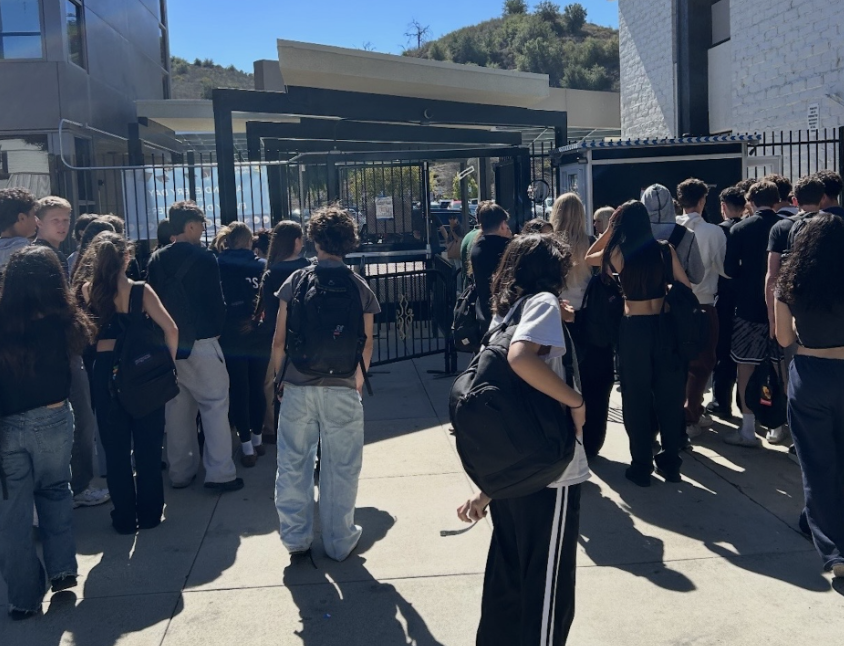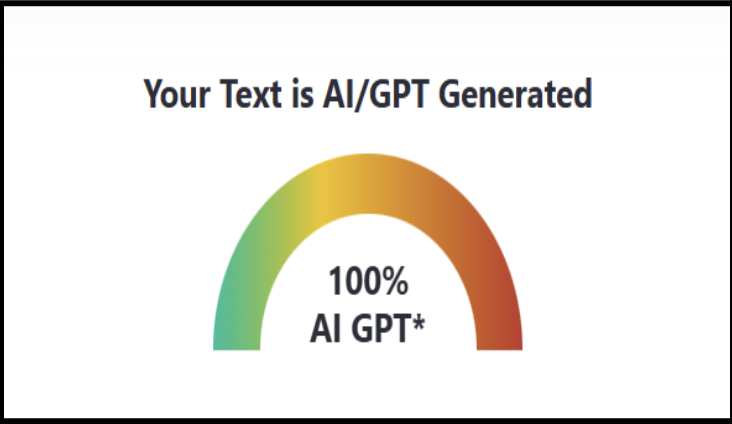How many extensions are too many extensions? If a student is in the hospital, sure, they should have an extension. But what about one whose parents are getting divorced? Whose dog just died? Who had to work overtime one night? What if a student just didn’t bother to do the assignment? Where is the line? But most importantly, did online access change that line?
In the age of the Internet, it is quite easy to say that those currently in school have it easier than previous generations, at least when it comes to ease of access to information. Notwithstanding that, technology has found a permanent home in most parts of school. Many classes are centered around computer use, especially programs like Google Classroom. Even the SAT is going virtual, with estimates of being fully online as of 2024.
The use of technology during COVID-era online schooling solidified the ease with which assignments can be completed remotely. Materials can be found online more easily and accessed outside of school, even if a student misses a class period. This access to information via the internet shows quite simply why students do not need extensions on assignments.
Because students can essentially access all coursework online, there is little, if any, place for routine assignment extensions. However, what are the exceptions to the rule; What deserves an extension?
The line of what is a fair reason to grant an extension is a difficult one to place. Some students simply need more time to complete assignments, but if that is the case, perhaps they should be in an easier class. Some events are out of student control, but there is not a clear indicator as to what is a drastic enough disaster to result in extra time on homework. These issues encourage many teachers to grant extensions to anyone who asks with a semi-reasonable excuse. But this does not come without consequences.
Not only do excessive extensions enable more neglectful students to, at their leisure, gain extra time whenever they choose, but they also undermine those students who genuinely need an extension. In addition, those students who did not ask for more time are still held to the same standard as those who played the system. The overlap of these three kinds of students—those who truly need extensions, those who simply want more time and those who do not need or ask for a later deadline—leads to many problems when it comes to determining how and when to give extensions. Consequently, a universal policy is needed so that no teacher has to be too harsh or too lenient when it comes to pushing back due dates. Without such a policy, unjust chaos will continue to grow as students baselessly ask for extensions.
Simply put, the lack of regulation in granting extensions is not fair to anyone. The current system allows students, if they so desire, to arbitrarily get extra time on assignments, putting the students who do not exploit this system at an incredible disadvantage. Not only is this inequitable, but it also hinders student learning for that class while also failing to prepare students for their next level of education. This is why a strict, universal extension policy is necessary. All of this is even more pressing in the 21st century.
As a result of the Internet Age, this universal policy should reflect the obsolete nature of extensions. With the exception of a student with a 504/IEP, a drastic shift or death in the family, a provable technological difficulty or a severe illness, students should not be given extensions. If a student seems to repeatedly need extra time due to outside factors, it is likely that they need to be in an easier class, meaning this overarching policy would help prevent students from overwhelming themselves as well.
LVUSD should institute a district-wide policy establishing the grounds upon which an assignment is eligible for extension This would increase equity for students while they are still in high school in addition to when they are applying to colleges; college admissions counselors would be able to compare extension policies of various schools while determining the quality of applicants.
If extensions are granted randomly, educators fail to adequately prepare students for what comes next, contributing to greater flaws in the education system. Because technology has reshaped the way students learn, a district-wide policy regulating extensions would ultimately make schooling equitable and better prepare students for future grade levels.















